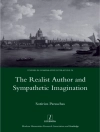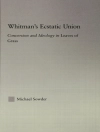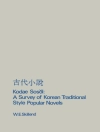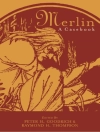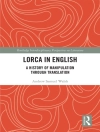This book explores how authors profited from their writings in the late eighteenth and early nineteenth centuries, contending that the most tangible benefits were social, rather than financial or aesthetic. It examines authors’ interactions with publishers; the challenges of literary sociability; the vexed construction of enduring careers; the factors that prevented most aspiring writers (particularly the less privileged) from accruing significant rewards; the rhetorical professionalisation of periodicals; and the manners in which emerging paradigms and technologies catalysed a belated transformation in how literary writing was consumed and perceived.
Зміст
1. Introduction: What was an Author in the Romantic Period?.- 2. Chapter One: Publishers, Book Production and Profits.- 3. Chapter Two: Sociable Alignments.- 4. Chapter Three: Succeeding in ‘the Worst Trade’.- 5. Chapter Four: The Working Writer.- 6.Chapter Five: The Oligarchs of Literature: Authority and the Quarterly Reviews.- 7. Chapter Six: Refashioning Authorship’s Purview.- 8. Coda: Print Proliferation and the Invention of the Artist
Про автора
Matthew Sangster is Lecturer in Eighteenth-Century Literature and Material Culture at the University of Glasgow, UK. He has published widely on Enlightenment libraries, literary institutions, Romantic metropolitanism, media culture, and the affordances of Fantasy.


